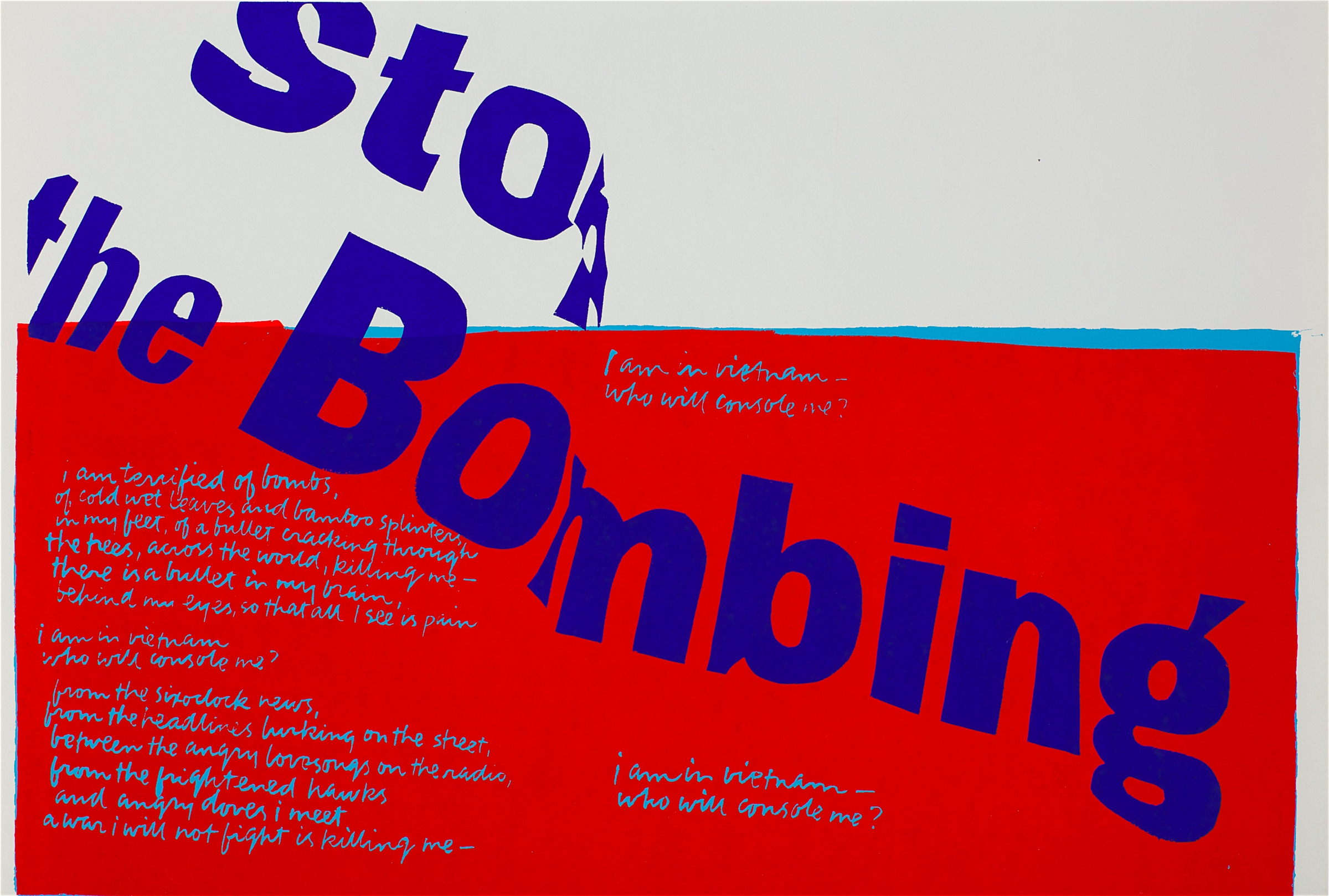The good social scientist, as Engels showed, could only be a person free from the illusions of bourgeois society.
Ω Ω Ω
It must not be forgotten that Engels was (unlike most other foreign visitors) no mere tourist, but a Manchester businessman who knew the businessmen among whom he lived, a communist who knew and worked with the Chartists and early socialists, and not least through his relations with the Irish factory girl Mary Burns and her relatives and friends — a man with considerable firsthand knowledge of working-class life. His book is thus an important primary source for our knowledge of industrial England at this time.
—Eric Hobsbawm, How to Change the World, (London: Little, Brown, 2011), 97-98.
I read this last line again and again. It makes perfect sense of course, but what strikes me is how foreign several of the concepts are to the societies I know. „Primary source“? My acquaintances, family, coworkers don’t have a ready understanding of this term. „Our knowledge of industrial England at this time“? What knowledge do acquaintances and coworkers have of their own industrial countries at the current time? Are their countries industrial, or post-industrial? How would they know? What do these phrases even mean?
Contemporary topics of discussion are nearly solely related to consumer goods, especially intangible consumables.
Hobsbawm is evaluating Engels‘ work from the standpoint of a historian looking back from the 1960s, and needs to be read this way, but it occurs to me few of the people I know could correctly place the time Marx and Engels were writing in within half a century. What Engels meant by the bourgeois society of mid-19th Century England is inaccessible, but then so is an understanding, really, of present US society, classes, wealth.

